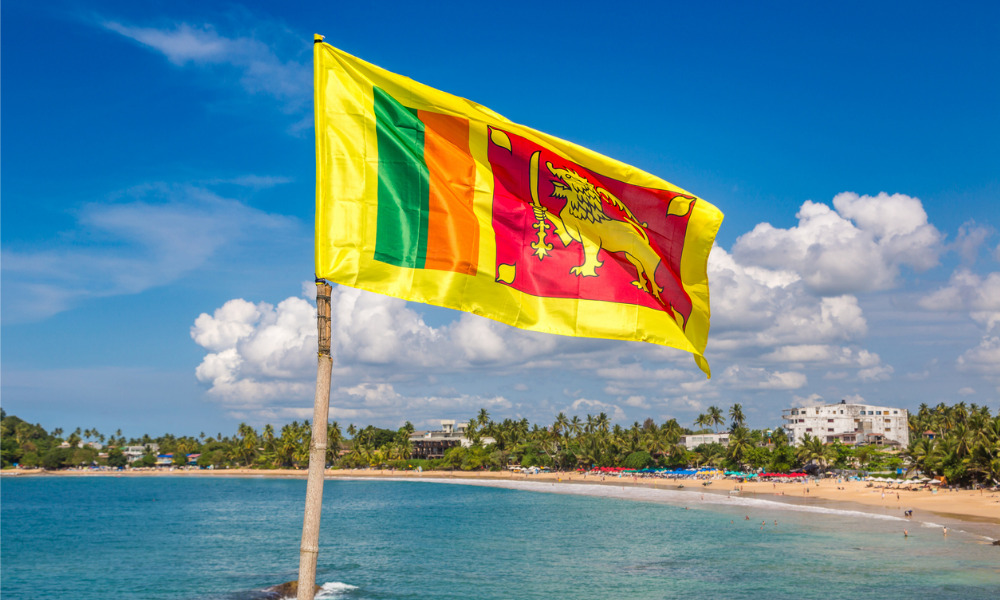
Applicants argued Bill 104 breached their rights under ss. 2(b) and 15 of the Charter

The Ontario Superior Court of Justice has dismissed a lawsuit challenging the constitutional validity of Ontario’s proclamation of “Tamil Genocide Education Week.”
In Sri Lankan Canadian Action Coalition et al. v. Attorney General of Ontario, 2022 ONSC 3849, several organizations and members of Ontario’s Sinhalese diaspora brought applications seeking a declaration that the Tamil Genocide Education Week Act (Bill 104) is unconstitutional.
Bill 104 designates May 12 to 18 each year as the “Tamil Genocide Education Week.” During that period, all Ontarians are encouraged to educate themselves about the alleged genocide against Tamils during the civil war in Sri Lanka and other genocides worldwide.
In particular, the applicants argued that since no Tamil genocide has been recognized under international criminal law standards, Bill 104 was ultra vires and breached their rights under ss. 2(b) and 15 of the Charter.
In its decision, the Superior Court dismissed the applications and found that Bill 104 was not ultra vires and did not violate the applicants’ rights under ss. 2(b) and 15.
In resolving the matter, the court first looked into the proper characterization of Bill 104. It found that while Bill 104 recognizes a Tamil genocide, “it is not just recognition for recognition’s sake.”
According to the court, the evidence showed that the recognition of a Tamil genocide was in service of educating the public about the Tamil genocide and other genocides worldwide, including the need to prevent such atrocities from occurring in the future.
“Given my finding that [Bill 104’s] purpose is educative, it falls squarely within Ontario’s jurisdiction under s. 93 of the Constitution Act, 1867 to exclusively make laws in relation to education,” Justice Jasmine Akbarali wrote.
The court ruled that Bill 104 did not violate the applicants’ right to free expression under s. 2(b) of the Charter because governments are not mandated to promote, enhance, or preserve the effectiveness of anyone’s political expression and may enter the marketplace of ideas to offer messages that counter expression.
In this case, the court noted that the Ontario legislature is entitled to enter the marketplace of ideas to recognize a Tamil genocide, and nothing in Bill 104 restricts or limits the expression the applicants can engage with. Thus, their expression was not suppressed in any way.
For claims under s. 15 of the Charter to succeed, the court determined that a two-part test must be met. The claimant must show at the first stage of the test that the impugned law imposes differential treatment based on protected grounds. At the second stage, the claimant must establish that the distinction has the effect of reinforcing, perpetuating or exacerbating disadvantage.
As to the first stage, the applicants claimed that Bill 104 created distinctions based on ethnic or national origin and religion – in that it blamed Sinhalese-Buddhists for the atrocities committed against Tamils during the Sri Lankan civil war, framing them as oppressors in a genocide. The court did not think so.
“But even if the recognition of a Tamil genocide through the enactment of Tamil Genocide Education Week could be said to create a benefit for Tamil Ontarians, there is no distinction in [Bill 104] based on an enumerated or analogous ground,” Justice Akbarali wrote.
The court explained that the perpetrator of the genocide recognized in Bill 104 is the Sri Lankan government. Therefore, a claim or a finding of genocide perpetrated by a government or a state “does not tar individuals who may be members of the same nationality, ethnicity, or religious affiliation as those people who dominate the government or state in question.”
The court also found that since the applicants failed to establish any discriminatory impacts related to Bill 104, the second stage of the test had not been met.
“The applicants’ evidence does not establish a nexus or causal connection between [Bill 104] and the incidents that the applicants have experienced as discriminatory as Ontarians who belong to the Sinhalese-Buddhist diaspora,” Justice Akbarali wrote.